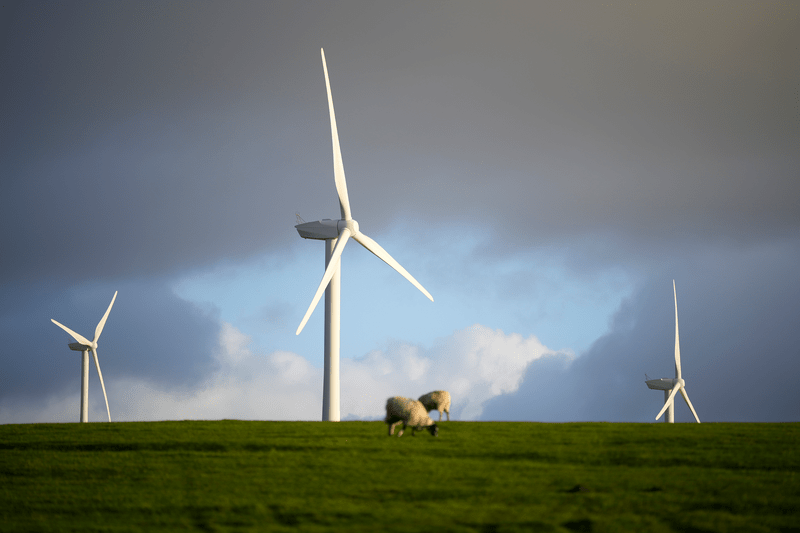Investors in green energy projects and those assessing ESG credentials are digesting the implications after the release of the UK Government’s energy security plan.
The plan, called Powering Up Britain, is another pillar in the UK Government’s Green Finance Strategy to make the country more energy independent, secure and resilient.
The ambition in this policy, including the Net Zero Strategy, is to leverage about £100bn ($124bn) of private investment by developing new industries and innovative low-carbon technologies by 2030, and it will support up to 480,000 jobs.
“We want our energy to be cheap, clean and British”, the plan says. After relying on imported fossil fuels for decades, the ambition is to move to cheaper, cleaner, and domestic sources of energy.
“We want our energy to be cheap, clean and British.”
Powering Up Britain
“We will move towards energy independence by aiming for a doubling of Britain’s electricity generation capacity by the late 2030s, and we remain absolutely committed to maximising the vital production of UK oil and gas as the North Sea basin declines”, the document states.
The plan aims to hit net zero targets while still delivering some of the cheapest wholesale electricity prices in Europe.
New nuclear programme
Key actions to help reach the goals by 2030 include:
- setting up Great British Nuclear which will lead delivery of the new nuclear programme, backed with the funding it needs;
- launching a competitive process to select the best Small Modular Reactor technologies. The first phase is set to start in April this year;
- consulting on the need for, and potential design options to achieve, market intervention to support hydrogen production;
- publishing an action plan in response to Electricity Networks Commissioner Nick Winser’s recommendations on halving the development time for transmission network projects;
- establishing a solar government/industry taskforce that will create a solar roadmap, which sets out a step-by-step deployment trajectory to achieve 70GW of solar by 2035.
Green choices
The document also sets out ambitions to give the public and businesses the power to make green choices too. There’s a strong focus on the public to make changes in their homes, such as installing heat pumps or choosing electric vehicles. To make that happen, the plan is to make choices as easy and affordable as possible.
”Collectively, we must reach our target in a way that protects energy security, supports green growth and innovation, and maximises benefits for businesses and consumers. Successfully addressing the challenges of climate change requires an unprecedented level of international action, collaboration, and coordination,” the plan says.
The Government claims the UK has made huge progress by cutting emissions by 48% between 1990-2021, and by decarbonising faster than any other G7 country, while still growing the economy by 65%. The UK was also the first among the G7 countries to sign net zero greenhouse gas emissions by 2050 into law.












